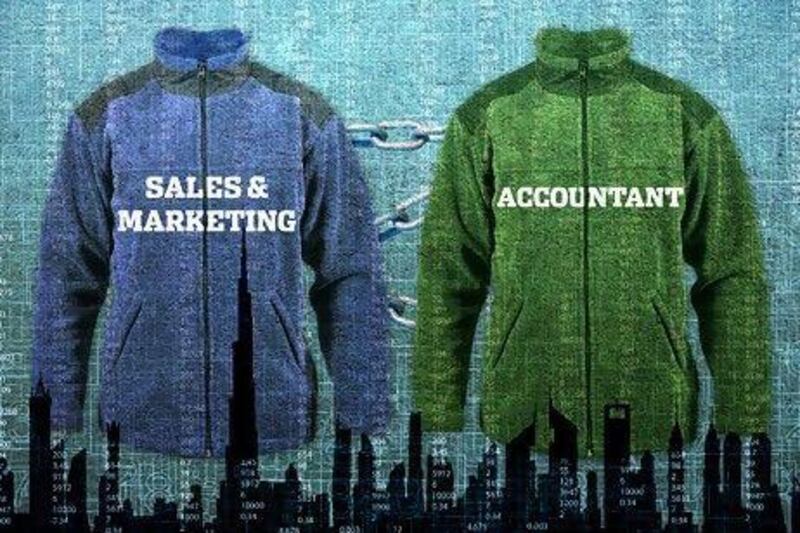Sascha Winter, the owner of the marketing firm Xperience, learnt to deal with non-paying clients the hard way.
In 2010, Mr Winter's first client asked him to design a marketing and advertising portfolio for the launch of its new food-and-beverage arm as part of a year-long contract. But the client stopped payments less than two months later.
Although Mr Winter says his firm continued working for four more months, he says he had to settle for a fraction of what he was due.
"A small to medium-enterprise [SME] owner wears different hats: that of a sales and marketing personnel; or an accountant. It is difficult to concentrate on one aspect and [easy to] get carried away by the project and then one starts waiting [for payment]," he says.
"One hopes the [client] relationship will become better [eventually]. One does not want to come across as a nag."
Contractual issues such as sorting out advance payment, legal terms and a background check on potential clients are some of the ways an SME owner can avoid problematic clients.
While there are no figures on how many SMEs have failed to be paid for work done, one lawyer dealing with such companies says there have been numerous incidences.
"We handled more than a hundred such cases in the last two years," says Shakeel Mian, a managing partner at Prudential Middle East in Dubai.
The problem for Jodie Thompson escalated to the point that the former co-owner of an internet marketing firm in Dubai Media City had to close down the company after seven months.
"The problem of unpaid invoices is definitely big here," she says.
In fact, the first case the Small Claims Tribunal (SCT) at the Dubai International Financial Centre (DIFC) handled after its responsibility was expanded to include companies from outside the DIFC free zone last October related to the unpaid invoices of a furniture supply company.
Unscrupulous clients are not only a headache for SME owners in the UAE. Hundreds of US SME owners and independent workers are owed a total of about US$16 million (Dh58.7m) for their work, data from an alliance of independent workers based in New York show.
One way to protect against non-paying clients is to have a proper contract for each one.
"Many SMEs here start doing the work without a proper contract," says Yoga Yoheswaran, a chartered accountant who runs Mideast Outsourcing, a small accounting outsourcing company.
One of the conditions SME owners can work into their contracts is advance payment.
"Now I get 50 per cent of the total project payment upfront," Mr Winter says. "After 30 days of sending the invoice, there are no discounts as agreed and a further 10 days later, 8 per cent interest is added to the total outstanding amount.
"Do not delay sending invoices to the clients by even a day," Mr Yoheswaran says. Send it to the right person, whether it is the chief financial officer or the operations department. "I get paid within a week, if not, I start slowing down work the first month and stop in the second month."
The legal route is another option, although SMEs and start-ups often do not have the resources to take the matter to court.
Compared with regular courts, the SCT route is a lot quicker. It charges 5 per cent of a claim, which can be up to Dh500,000 and more than 90 per cent of cases it hears are resolved within three weeks.
"But for SMEs outside the DIFC both sides need to agree in writing that the SCT will handle any dispute," says Amna Al Owais, the Tribunal's registrar.
For claims less than Dh20,000, owners can approach the Centre for Amicable Settlement of Disputes in Business Village in Dubai.





